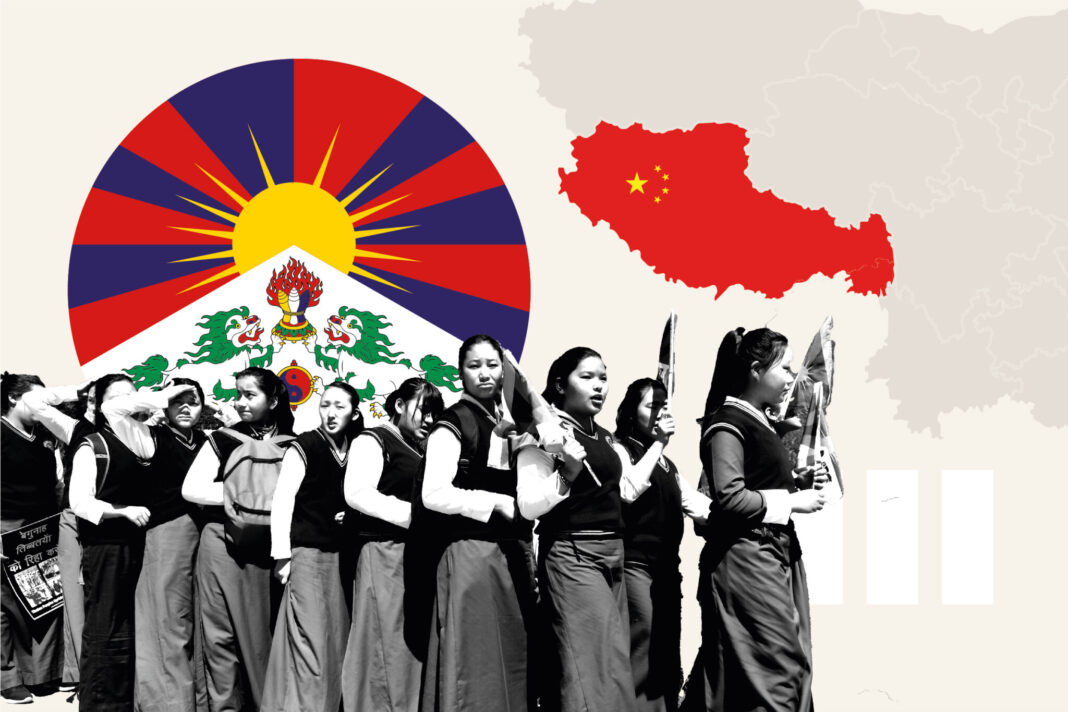China has started to call Tibet “Xizang” instead of Tibet for several reasons.
First, China wants to assert its sovereignty and legitimacy over Tibet, which it claims as an integral part of its territory and history. China argues that the term Xizang, which means “western Tsang” in Chinese, reflects the historical and administrative reality of the region, which was divided into U-Tsang, Amdo and Kham by the Tibetans themselves. China also contends that the term Tibet, which derives from the Mongolian word Tubet, is a foreign imposition that does not represent the diversity and complexity of the region.
Second, China wants to counter the international recognition and sympathy for the Tibetan cause, which is led by the Dalai Lama and his followers. China accuses the Dalai Lama of being a separatist who seeks to split Tibet from China and establish an independent state. China also blames the Dalai Lama for instigating unrest and violence in Tibet since the late 1980s. China hopes that by using the term Xizang, it can undermine the Dalai Lama’s influence and credibility, and isolate him from the international community.
Third, China wants to erase the cultural and religious identity of the Tibetan people, who have been suffering under China’s repressive policies and violations for decades. China has imposed strict controls and restrictions on the Tibetan language, religion, education and expression, and has encouraged the migration and assimilation of Han Chinese into Tibet. China has also destroyed or damaged many Tibetan monasteries, temples and artifacts, and has interfered with the succession of the Dalai Lama. China hopes that by using the term Xizang, it can diminish the distinctiveness and uniqueness of the Tibetan culture and heritage.
These are some of the possible reasons China has started to call Tibet Xizang instead of Tibet.
Khedroob Thondup is a former member of the Tibetan parliament in exile.
By Khedroob Thondup – taipeitimes

